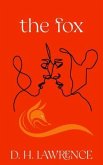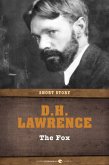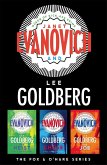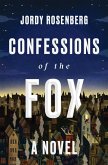D. H. Lawrence'Äôs "The Fox" presents a deeply symbolic narrative that explores themes of sexuality, gender roles, and the complexities of human relationships against the backdrop of early 20th-century rural England. Written in Lawrence's distinctively lyrical style, the novella employs rich imagery and psychological depth to unravel the conflict between the two central female characters, Jill and Ellen, whose lives are disrupted by the intrusion of a virile fox. This literary work epitomizes Lawrence'Äôs fascination with the primal instincts of nature and the tensions between civilization and the wild. D. H. Lawrence, an influential figure in modernist literature, often drew from his own experiences to inform his works. Growing up in an industrial town, surrounded by the natural world, he developed a profound appreciation for the rawness of life and the intricacies of human emotion. His exploration of sexuality and the human psyche in "The Fox" reflects not only his personal struggles but also the broader societal changes occurring during his time, offering a critique of the rigid Victorian values that confined individual expression. For readers seeking a compelling exploration of existential themes interwoven with nature and identity, "The Fox" is an essential read. Lawrence'Äôs incisive prose invites readers into a world where the primal instincts of life force confront the constraints of societal roles, making it a significant work for anyone interested in the intersection of personal and cultural dynamics.
Dieser Download kann aus rechtlichen Gründen nur mit Rechnungsadresse in A, B, BG, CY, CZ, D, DK, EW, E, FIN, F, GR, H, IRL, I, LT, L, LR, M, NL, PL, P, R, S, SLO, SK ausgeliefert werden.









